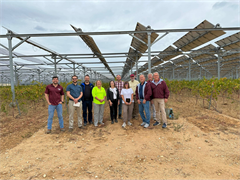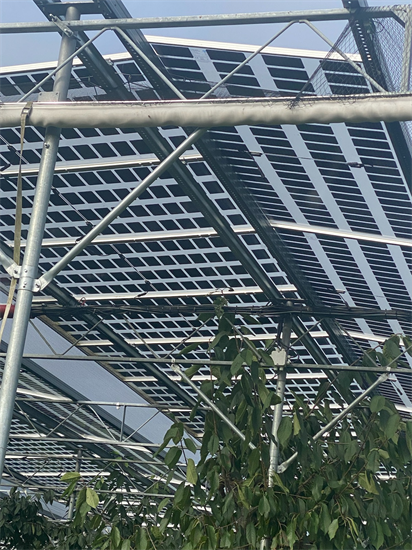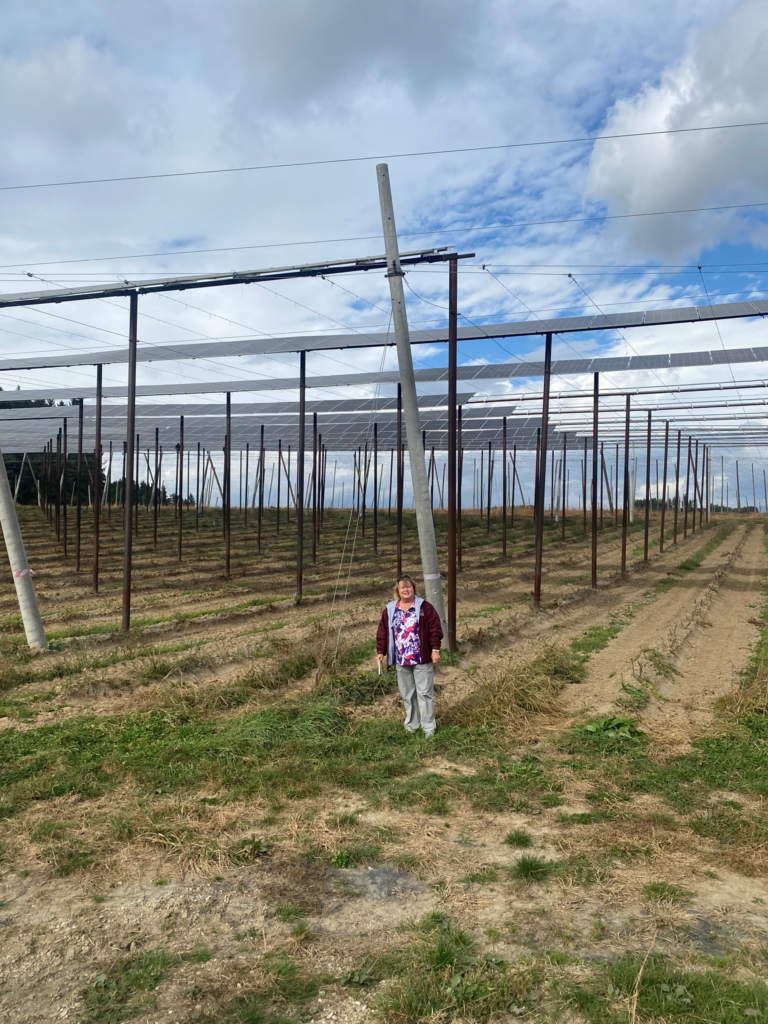DCFS under fire from bipartisan group of lawmakers
In just the past month, the Illinois Department of Children and Family Services (DCFS) received a scathing audit highlighting its failures and mismanagement in protecting Illinois children, its troubled Director announced his resignation, and a conviction was handed down to a DCFS employee over the death of a young boy.
Now, most recently, the Department is under scrutiny by a bipartisan group of legislators on the Joint Committee on Administrative Rules (JCAR) regarding a proposed rule regulating daycare operations.
The contentious rule, similar to the one that was partially suspended over the summer by JCAR, limited how long daycare assistants could monitor rooms of children younger than age two. Citing childcare shortages, members of the committee have been displeased with the rule and were anticipating DCFS to present a new rule that was agreed upon by childcare stakeholders. Instead, DCFS filed a rule that members say was not approved by childcare providers.
Members of the Committee were once again left frustrated, exchanging concerns about DCFS’ lack of transparency and honesty throughout the rulemaking process. Ultimately, JCAR approved the controversial rule, saying that they were left with no choice because given the timeline, the rule either needed to be accepted or there would be no rule at all, which would have left daycares with even more confusion on how to run their facilities.
Senate Republicans have continuously called for structural changes within the Department and say that this latest incident is just another example of the dysfunction at the Agency.
“Assault Weapons” registration rule needs more clarity, ISP to hold public hearings

Confusion over the state’s “assault weapons” ban registration process has prompted the Illinois StatePolice to hold a series of public hearings.
Following the recent Joint Committee on Administrative Rules (JCAR) meeting, where members expressed concern over the lack of clarity found in the rules, including what specific firearms are subject to registration, the Illinois State Police agreed to hold three hearings to answer the public’s questions and comments.
Complicating matters further are pending lawsuits at the federal level over the constitutionality of the new law, worrying law-abiding gun owners about what happens to their information if the law is eventually overturned.
The law, enacted earlier this year, requires those who owned the now-banned firearms prior to January 10, 2023, to register them by January 1, 2024, in order to possess them legally without facing criminal penalties. Registration of those firearms began October 1.
The Illinois State Police announced its first hearing scheduled for Thursday, November 2 at 9:30 a.m. in Room D1 of the Stratton Building in Springfield. The other two dates and locations have not yet been set.
Bryant participates in European trip to learn more about Agrivoltaics

Over a 13-day window, State Senator Terri Bryant, who serves as Chairman of the Advanced Energy Research Board (formerly known as the Clean Coal Board), visited five countries, 13 agricultural sites, and stayed in 10 hotels as part of the Advanced Energy Institute at Southern Illinois University – Carbondale’s official European agrivoltaics tour.
The purpose of the trip was to learn more about how some European countries have devised a method to capture solar energy while also prioritizing their agricultural production by using a dual land-use system called agrivoltaics.
Sen. Bryant said this trip was so critically important; she was more than happy to pay her own way to participate. She also hopes that the trip will help Illinois learn from the mistakes that some European countries made in the past and to follow a model that ensures that the agricultural backbone of the state’s economy is not negatively impacted by the ongoing clean energy transition.
During the trip, Sen. Bryant and the delegation, which included SIUC educators, a farmer, a vintner, a former IDNR director, and three legislators, learned that these agrivoltaics, which can have solar arrays positioned up to 30 feet above the ground, can have a symbiotic relationship with the agricultural industry. This includes helping to reduce the need for pesticides, lowering the need for water by nearly 40 percent for certain crops, deflecting hail that had wiped out crops in the past, and lowering the temperature by 10 degrees on the ground and crops that reside under solar arrays during the summer.
SIUC is also hoping to use this trip to develop a research facility to test three types of agrivoltaics: stationary panels, sliding panels, and sun-tracking panels. This research facility would be the first-of-its-kind by any university within the country.




